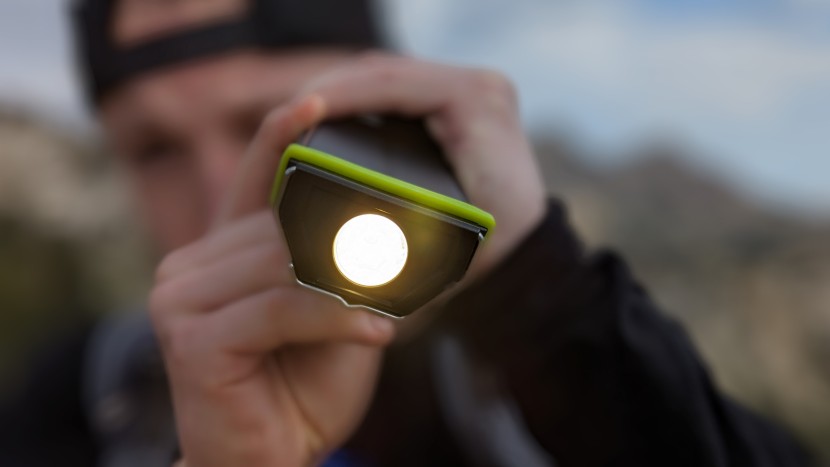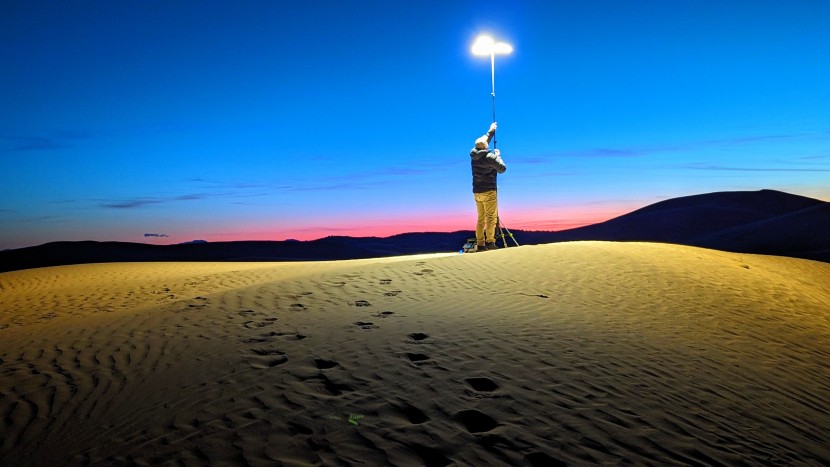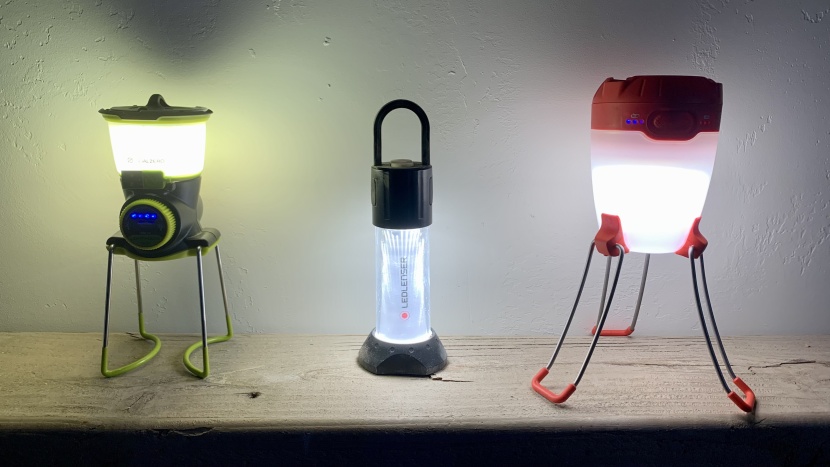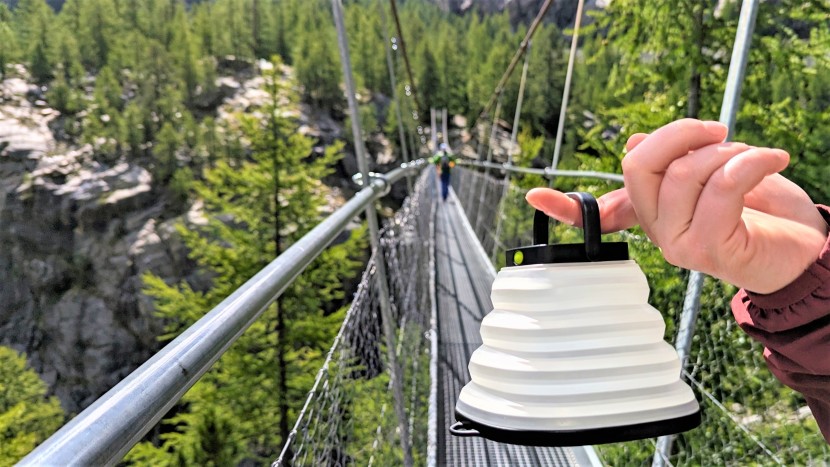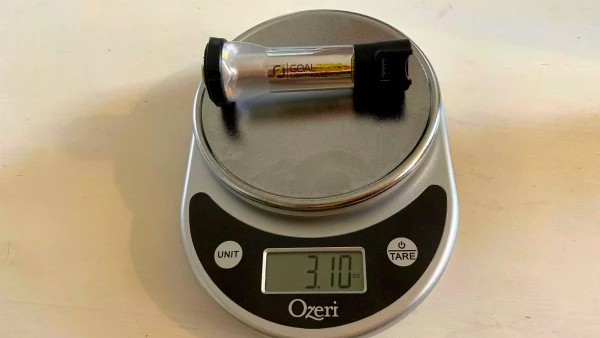We tested these products in the woods of New England, up and down the West Coast of North America, across the desert Southwest, and in the mountains of Switzerland and Nepal. To critique these lanterns, we broke down their defining elements into five metrics: brightness, battery life, features, ease of use, and weight. We put them to the test on dewy mornings in Squamish, British Columbia, at chilly altitudes in the Swiss Alps, while camping in the extreme desert climate of southern Utah, and through prolific snowstorms of a New Hampshire winter. We even took a few of them with us to basecamp in the Himalayas. These lanterns charged under the baking sun, sat through heavy rains and bone-chilling nights, and spent months camped out in motorhomes and tents. We tested all of these models in different combinations and different group settings, from some solo time in the backcountry to large parties on the back porch.
Brightness
Using the manufacturer's stated lumen output as a guide, we tested the brightness of these lanterns in a small enclosed environment (i.e., a tent), in a larger room, and also outside. We assessed how well each one allowed us to perform a variety of tasks (e.g., reading a book, cooking and cleaning up, playing cards). It is important to note that brighter is not necessarily better. We like lanterns with an even shine radius, as opposed to ones that have a high lumen output but cast a harsh or uneven light.
We assessed the quality of their light side-by-side, noting how warm or cool each lamp felt relative to the others. We also noted whether or not the light has any texture to it (usually a result of the cover or globe, rather than the light itself).
Battery Life
To test batteries, we ran these lanterns on their highest setting and timed how long they lasted. The reason we chose to use the lanterns' maximum power setting is that over the decade that we've been reviewing these products, we have found several models where the low setting is too dim to be useful. For models with disposable batteries, we purchased standard brand-name batteries. For the few fuel-powered lanterns included in our lineup, we tested how long they lasted using the most common canister size relative to the particular model.
Features
This metric takes into consideration not only the number of features offered, but more importantly, how well those features work. We reviewed the layout and style of buttons. We tested dimmer settings, strobes, handles, hooks, carabiners, and legs. Many of our models include USB charging ports, so we noted how long it takes each model to charge a small device (usually an iPhone) to 50% and 100%.
Ease of Use
For each light, we want to know how intuitive it is to use right out of the box. For electric models, we checked how easily accessible the battery compartment or charging port is, and also checked how easy or difficult it is to load new batteries or charge the lantern. If a lantern has any additional features (e.g., USB charging ports), we considered how useful those are for charging small electronics. We also noted how simple it is to turn on each model and cycle through its different modes and settings.
For fuel canister models, we considered how difficult the ignition process is for each model. Models whose mantles are easier to change and have integrated Piezoelectric starters earned higher scores for this metric.
Weight
This one is straightforward: we weighed each lantern on a scale and noted their dimensions. While this metric may not be as important for RV-goers or car campers, many backpackers count ounces and prefer their gear to be as lightweight and compact as possible.

